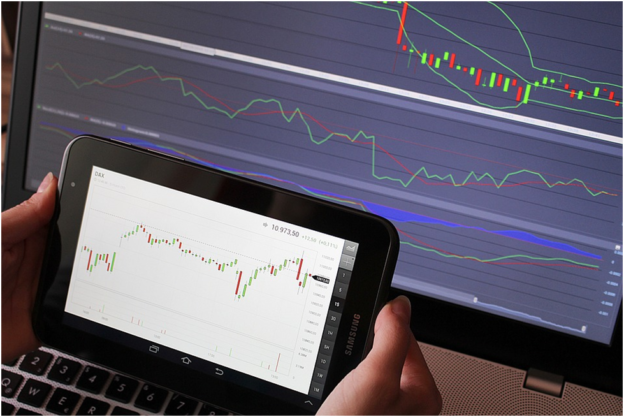5 Things Every Trader Should Know

Trading in financial markets can be both exciting and challenging. Whether you’re a novice or an experienced trader, there are certain fundamental aspects that you should always keep in mind. Here are five essential things every trader should know to navigate the complex world of trading successfully.
1. The Importance of Education and Practice
One of the most crucial steps for any aspiring trader is to invest time in education and practice. The financial markets are complex and constantly evolving, making continuous learning a necessity. Start by understanding the basics of trading, including market dynamics, technical analysis, and fundamental analysis.
A great way to put your knowledge into practice without risking real money is by using a mt4 demo account. These demo accounts allow you to trade with virtual funds in real market conditions, helping you gain experience and confidence before transitioning to live trading. Take advantage of this opportunity to test different strategies, familiarize yourself with the trading platform, and develop a feel for market movements.
2. Risk Management is Key
Perhaps the most important lesson for any trader is the significance of risk management. No matter how skilled you are, losses are an inevitable part of trading. The key is to manage these losses effectively to ensure long-term success.
Implement risk management techniques such as:
- Setting stop-loss orders to limit potential losses
- Never risking more than a small percentage (typically 1-2%) of your trading capital on a single trade
- Diversifying your trades across different markets or instruments
- Using proper position sizing based on your account size and risk tolerance
Remember, preserving your capital is just as important as making profits. A disciplined approach to risk management can help you weather market volatility and stay in the game for the long haul.
3. Develop and Stick to a Trading Plan
Successful traders don’t rely on gut feelings or emotions. Instead, they develop and adhere to a well-thought-out trading plan. Your trading plan should outline:
- Your trading goals
- The markets or instruments you’ll trade
- Your risk management rules
- Entry and exit strategies
- The timeframes you’ll focus on
Having a clear plan helps you maintain discipline and avoid impulsive decisions based on fear or greed. It also allows you to objectively evaluate your performance and make necessary adjustments over time.
4. Understand the Role of Psychology in Trading
Trading is not just about numbers and charts; it’s also a psychological game. Emotions like fear, greed, and overconfidence can significantly impact your trading decisions, often leading to poor outcomes.
To succeed in trading, you need to develop emotional discipline and maintain a balanced mindset. This includes:
- Accepting losses as part of the trading process
- Avoiding the urge to overtrade or chase losses
- Maintaining realistic expectations about profits
- Staying patient and waiting for high-probability setups
- Continuously working on self-improvement and self-awareness
Many successful traders incorporate mindfulness techniques or keep a trading journal to help manage their emotions and improve their decision-making process.
5. Use Tools and Resources Wisely
In today’s digital age, traders have access to a wealth of tools and resources. While these can be incredibly helpful, it’s essential to use them wisely and not become overly dependent on any single source of information.
One popular tool that many traders use is forex trading signals. These signals provide suggestions for potential trade entries and exits based on technical or fundamental analysis. While they can be a valuable resource, especially for beginners, it’s crucial to understand their limitations:
- Not all signals are created equal; research the provider’s track record and methodology
- Use signals as part of your overall analysis, not as the sole basis for your trading decisions
- Be cautious of providers promising unrealistic returns or “guaranteed” profits
- Learn to interpret the signals yourself rather than blindly following recommendations
Other useful tools include charting software, economic calendars, and news feeds. Incorporate these resources into your trading routine, but always rely on your own analysis and judgment for making final trading decisions.
In conclusion, becoming a successful trader requires a combination of knowledge, discipline, and continuous improvement. By focusing on education, practicing proper risk management, developing a solid trading plan, mastering your psychology, and using tools wisely, you’ll be well-equipped to navigate the challenges of the financial markets.
Remember that success in trading doesn’t happen overnight. It takes time, patience, and perseverance to develop the skills and mindset needed to thrive in this competitive field. Stay committed to your goals, learn from your mistakes, and always be open to adapting your approach as markets evolve.
By keeping these five essential aspects in mind, you’ll be better prepared to face the challenges and opportunities that come with trading in financial markets. Whether you’re just starting with a mt4 demo account or you’re an experienced trader fine-tuning your strategies, these principles will serve as a solid foundation for your trading journey.
*******
This article is not to be considered financial advice. For financial advice, seek out a qualified financial or investment professional.

